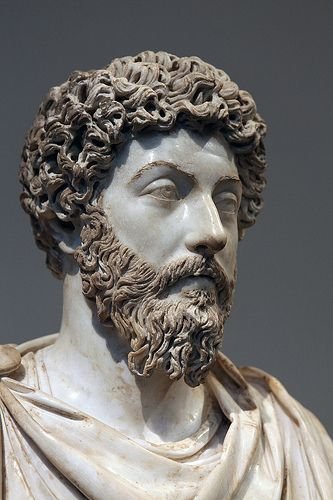
A Bell for Adano
Historical fiction is one of today’s most popular genres. From the Peloponnesian War to the war in Iraq and all points in between, you can read books that will give you a sense of what it was like to live in those times. Unsurprisingly, the most compelling of these works are created by the people who witnessed these momentous events, who were part of it. I think of such great novels as Hemmingway’s For Whom The Bell Tolls, Heller’s Catch-22, and Vonnegut’s Slaughterhouse Five. John Hersey’s Pulitzer Prize winning A Bell for Adano, although not ranked as highly as these others, deserves praise. There is an authenticity to it that gives the reader a sense of what life in Italy must have been like as the war ended.

Marcus Aurelius, Philosopher King?
Plato wrote of the philosopher king. He described a ruler who combined philosophical knowledge and temperament with political skill and power. Since that time, there has been only one ruler who embodied Plato’s description. Although Marcus Aurelius, in his humility, saw himself as merely a student of philosophy, he was the personification of this Platonic ideal.

Giuseppe Garibaldi, Hero of Two Worlds
As Joseph Campbell said, “a hero is someone who has given his or her life to something bigger than oneself.” I can think of no greater example of a hero than Giuseppe Garibaldi. He was a man who combined the personal magnetism of George Washington, the convictions of Abraham Lincoln, and the swashbuckling joie de vivre of Errol Flynn.

Pineapple on your pizza, sure. Anchovies, no.
You want pineapple on your pizza? Sure, you could get that anywhere. But try asking for anchovies! Nowadays, you get anything on your pizza, from barbeque chicken to kimchi. What is happening to pizza?
